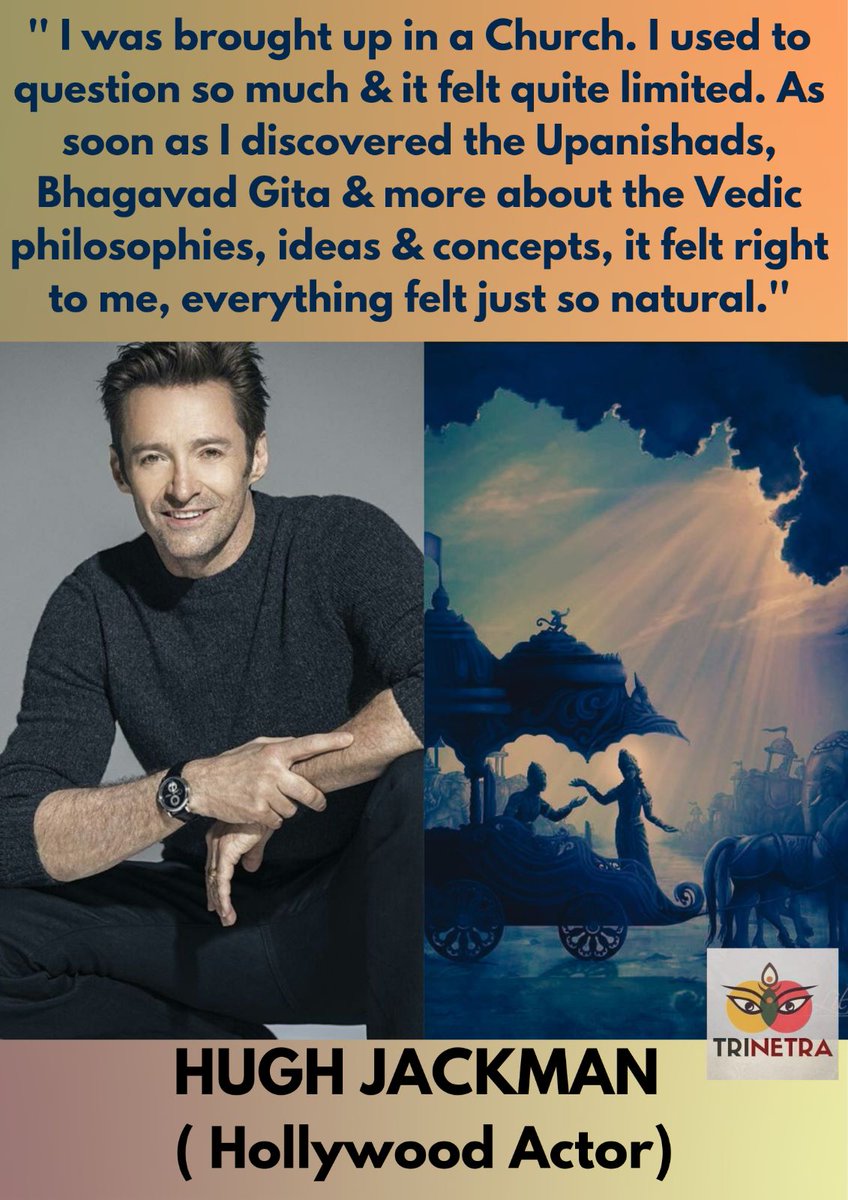
@THinduz
Understanding Manu Smriti-I: Women and Freedom
The much touted verse of misogyny in Manusmriti, actually has nothing anti-women in it.
ता रक्षति कौमारे भर्ता रक्षति यौवने ।
रक्षन्ति स्थाविरे पुत्राः न स्त्री स्वातन्त्र्यमर्हति ।। (Manu Smriti.9.3).
Understanding Manu Smriti-I: Women and Freedom
The much touted verse of misogyny in Manusmriti, actually has nothing anti-women in it.
ता रक्षति कौमारे भर्ता रक्षति यौवने ।
रक्षन्ति स्थाविरे पुत्राः न स्त्री स्वातन्त्र्यमर्हति ।। (Manu Smriti.9.3).

Almost everybody knows this verse from Manu Smriti for its misinterpreted meaning. This verse, which is often explained as denying women independence, has been touted as the ultimate proof of misogyny in Hinduism.
Yet, a thorough reading of the verse will reveal how the true import of the verse has been twisted and misinterpreted.
Let us now try to understand the true import of the verse.
First, the context.
Let us now try to understand the true import of the verse.
First, the context.
Manu says this verse, when enumerating the righteousness or duties of men and women in the 9th chapter. He categorically says “now I will speak about the Dharmas to be followed, when they (husband and wife) are united and when they are away from each other, due to travel etc.,
of those men and women when following the path of Dharma” (M.S.9.1). Thus, the duty of husband and wife, in other words, the duty of householders forms the context of the verse.
Let us now look at the translation of the verse 9.3.
Let us now look at the translation of the verse 9.3.
It is often translated thus: “Father should protect in Kaumara-hood (before marriage), husband should protect in youth, sons should protect in old-age and thus, the women do not deserve independence”.
Medhatithi, one of the well acclaimed commentator on Manusmriti ~
Medhatithi, one of the well acclaimed commentator on Manusmriti ~
for example, explains रक्षतीति भवन्तिः लिङर्थे छान्दसत्वात् ततो रक्षेद् इति विधेयप्रत्ययः। where he explains : It is the imperative duty or obligation of the father, husband and the son that they should protect women in various periods of life.
In other words, the verse is enunciating the duties of men, with respect to women.
Sanskrit scholar and commentator Sarvanarayana explains it as “पिता रक्षति कन्यादूषणादेः” i.e. father should protect her from the dishonour/defacement/molestation, etc. Raghavananda,
Sanskrit scholar and commentator Sarvanarayana explains it as “पिता रक्षति कन्यादूषणादेः” i.e. father should protect her from the dishonour/defacement/molestation, etc. Raghavananda,
yet another commentator on Manusmriti, explains the last portion as “स्वातन्त्र्यं रक्षितृरहितत्वम्”- “स्वातन्त्र्यम् means (women should not be left) without a protector”. Thus, the correct translation would be “no women should be left unprotected”.
That is, the verse is enjoining the duty of making sure that the women are unmolested and protected on the menfolk.
Hence, it is clear that the translation “women do not deserve independence” is not the true sense of the verse and it has been wrongly interpreted hitherto by those
Hence, it is clear that the translation “women do not deserve independence” is not the true sense of the verse and it has been wrongly interpreted hitherto by those
who did not study and understood this verse rightly.
Further, Ms. Terry Brown in her book ‘Essential Teachings of Hinduism’, underscores the significance of women in Hinduism as “In Hinduism, a woman is looked after not because she is inferior or incapable, but on the contrary,
Further, Ms. Terry Brown in her book ‘Essential Teachings of Hinduism’, underscores the significance of women in Hinduism as “In Hinduism, a woman is looked after not because she is inferior or incapable, but on the contrary,
but on the contrary, because she is treasured. She is the pride and power of the society. Just as the crown jewels should not be left unguarded, neither should a woman be left unprotected. If there are costly jewels, we do not throw them here and there like brass vessels.
Costly material is protected”. She explains and rightly interprets in her commentary on Manusmriti that “न स्त्री स्वातन्त्र्यमर्हति” does not mean that woman should be a slave. Instead, when she is a young girl, she requires the protection of the father.
When she is married, she requires the protection of the husband. When she ages further, the husband would be still older and she will also not be in a position to take care of herself, so the sons will take care of her.
In other words, the responsibility of protecting women lies with the menfolk.
Moreover, Manu says earlier in fifth chapter बाल्ये पितुर्वशे तिष्ठेत् पाणिग्राहस्य यौवने। पुत्राणां भर्तरि प्रेते न भजेत्स्त्री स्वतन्त्रताम्।॥ (M.S.5.148).
Moreover, Manu says earlier in fifth chapter बाल्ये पितुर्वशे तिष्ठेत् पाणिग्राहस्य यौवने। पुत्राणां भर्तरि प्रेते न भजेत्स्त्री स्वतन्त्रताम्।॥ (M.S.5.148).
Here also he talks about the protection of the women and not leaving them unprotected. This is further supported by Narada Smriti, which says “पक्षद्वयावसाने तु राजा भर्ता स्त्रियां मतः”, meaning, If nobody is there to protect women on both sides (her father and in-laws),
it is the duty of the King to take care of women.
In Smriti Chandrika also it is said रक्षेत्कन्यां पिता विन्नां पतिः पुत्रास्तु वार्धके। अभावे ज्ञातयस्तेषां न स्वातन्त्र्यं क्वचित्स्त्रियाः॥ Here also it is explicitly said that father should protect her, when she is a “kanya”;
In Smriti Chandrika also it is said रक्षेत्कन्यां पिता विन्नां पतिः पुत्रास्तु वार्धके। अभावे ज्ञातयस्तेषां न स्वातन्त्र्यं क्वचित्स्त्रियाः॥ Here also it is explicitly said that father should protect her, when she is a “kanya”;
then the husband; and during the old age, the sons should ensure her safety, if no sons are there, then the blood relations of her husband must provide her safety.
#knowyourhinduscriptures
#hinduhistory
#Manusmriti
#trinetra108
#knowyourhinduscriptures
#hinduhistory
#Manusmriti
#trinetra108
• • •
Missing some Tweet in this thread? You can try to
force a refresh










